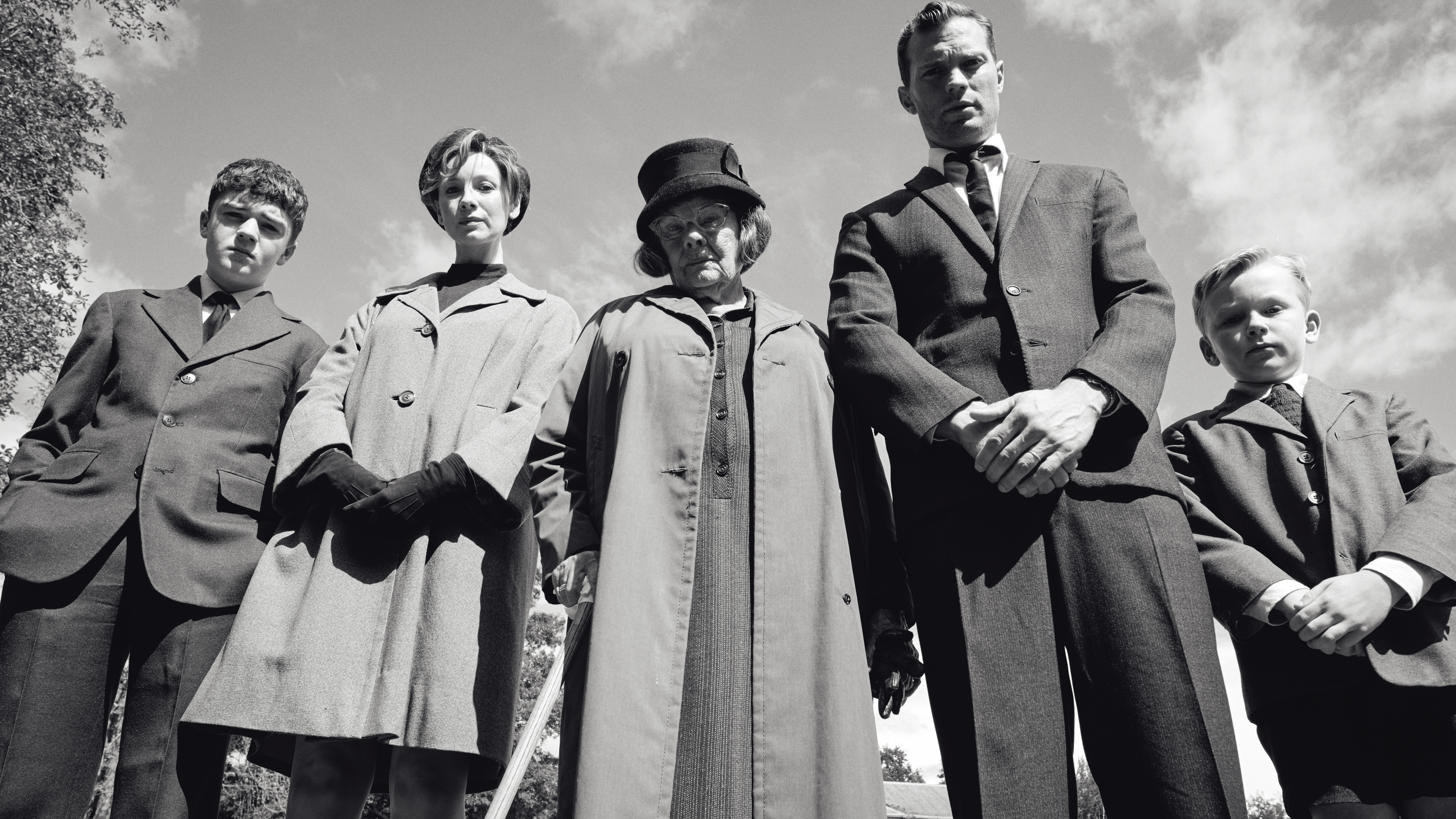The Irish claim everybody. We really do. Give us enough time and we’ll find a long-quietened link to somebody that makes them one of us.
Biden, clearly, is one of us. Obviously, we’re dipping back a few generations. And his claims are founded more readily in him SAYING he’s Irish and quoting Seamus Heaney. He’s practically family. Oddly, the Scottish are less keen to claim Donald Trump, even though his links are generationally closer. Can’t think why.
Even so, the Irish identity, especially for those born in the north, is a curious, multi-tangled thing. As Kevin Rowland said in Knowledge of Beauty, my national pride is a personal pride. Rowland may be the Wolverhampton Wanderer, but he is one of ours too, really.
Last week I went to see Belfast, Kenneth Branagh’s biographical film about growing up in the city. Some people have been sniffy about it claiming it lacks edge, historical accuracy and punch. Somebody told me there were complaints because though it is set in 1969 there isn’t enough smoking. Friends and relatives in Belfast are reluctant to go, not keen to be tied up in dewy-eyed nostalgia.
But they should go. It’s really, really good. There is more to it than bland nostalgia. It’s not a film about The Troubles, though the emergence of violence is the catalyst for much of the action. It’s a film about identity, about how the Irish see themselves and how they see others seeing themselves and judge others seeing them. It’s also about separation and departure, about the pressures and fears and economic privations that lead to one family, just one, making the painful decision to leave the place they hold dear to try and build something new.
The extra wrinkle is, as one character claims, that the Irish are made for leaving. That certainly feels true. All families have some member who left, cousins in Philadelphia, an aunt in Wollongong, a link in Cape Town. And the departures keep on going. The thing with the departures is they are easier now. It’s easy to go back. Communication is instant and constant.









